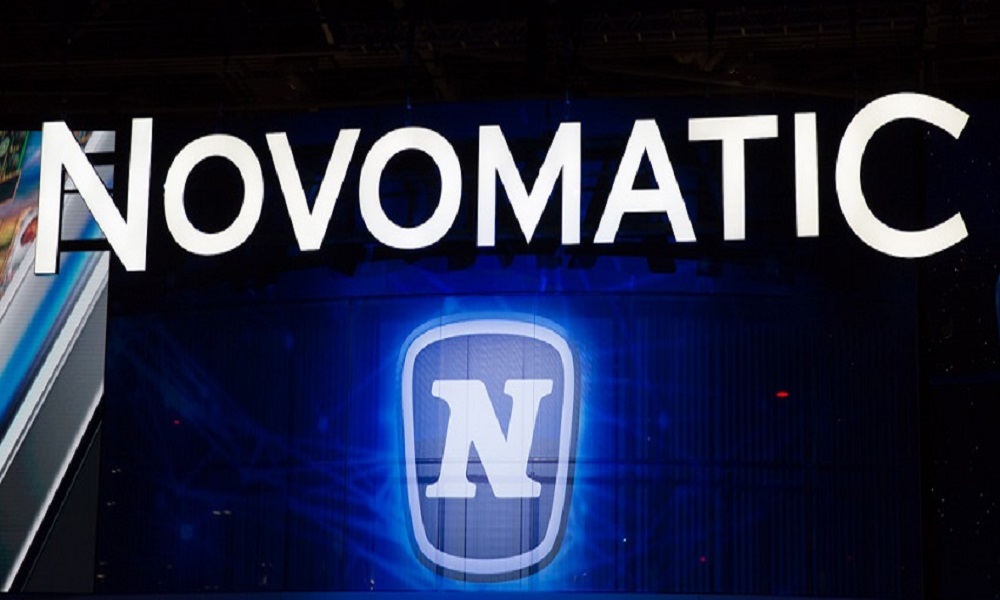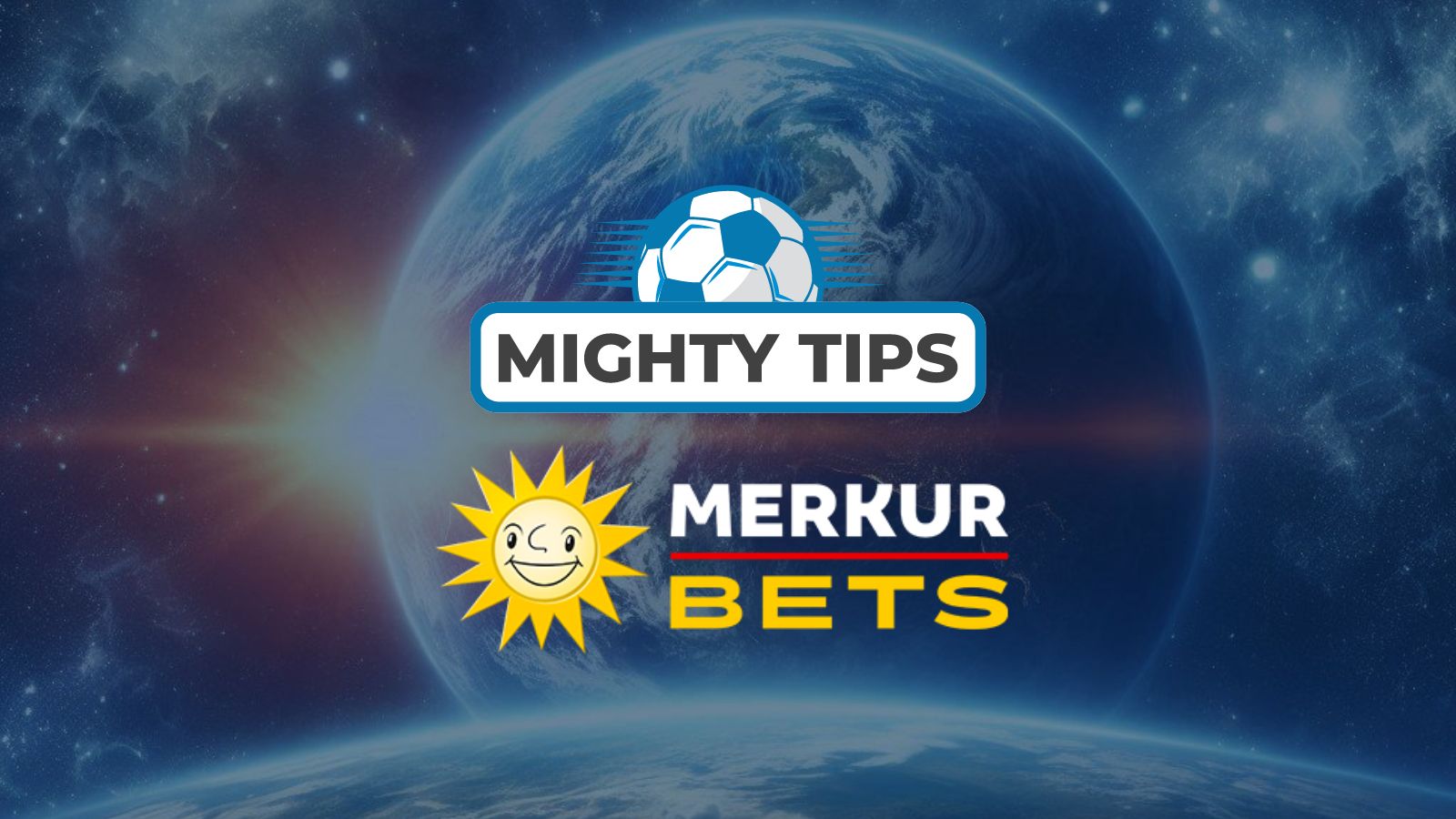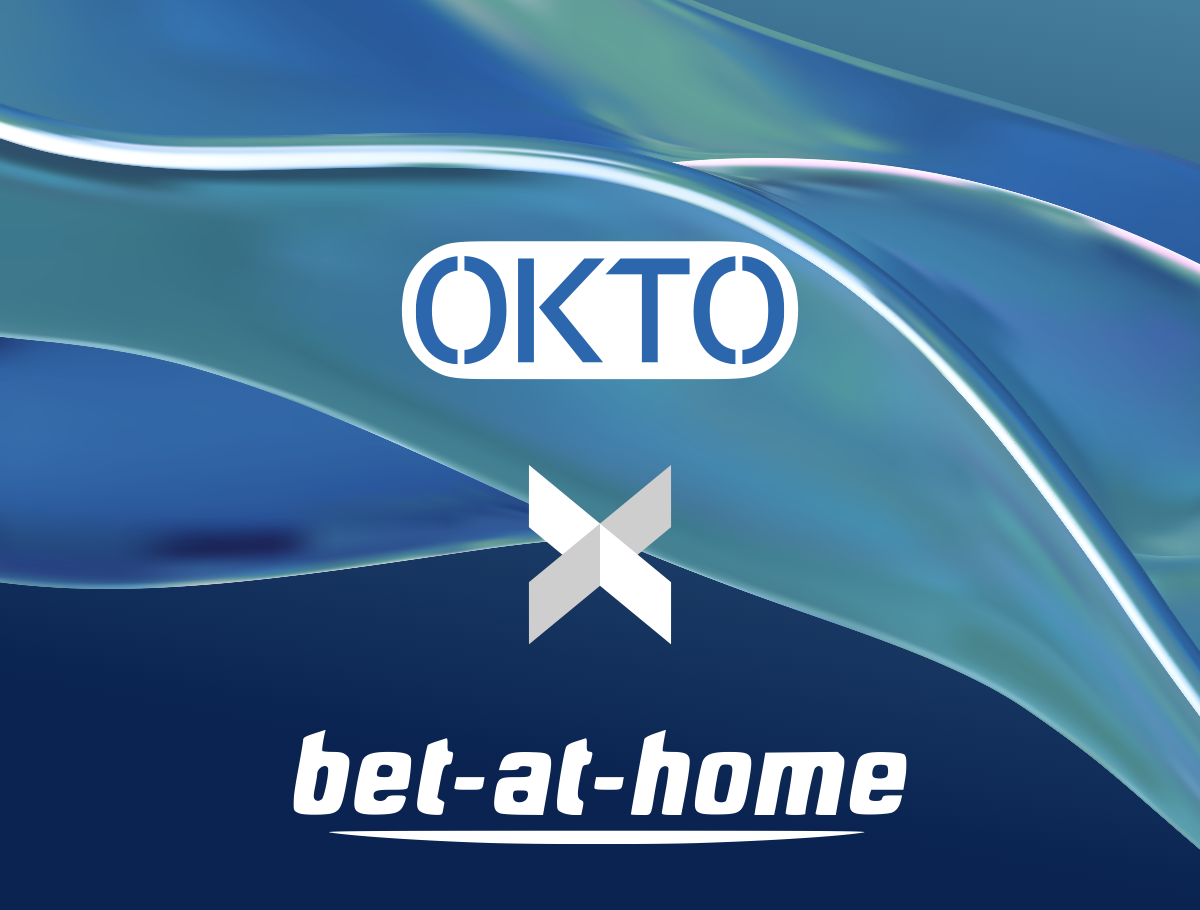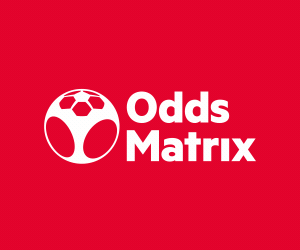Central Europe
International ESG rating upgrade for NOVOMATIC

In this year’s ISS ESG sustainability rating, the international gaming technology group NOVOMATIC was upgraded, making it one of the top performers in the electronics industry.
ISS ESG (Institutional Shareholder Services Inc.), a rating agency specializing in sustainability, is one of the world’s three leading ESG rating agencies, along with Sustainalytics and Moody’s ESG Solutions. The assessment of a company’s environmental, economic and social performance as part of the Corporate Rating is based on approximately 100 industry-specific indicators. ISS ESG ensures that the ratings remain current through regular updates.
In October 2023, ISS ESG raised NOVOMATIC AG’s rating to “C” for the first time, placing the company in the top 30% of the electronics industry. With this development, NOVOMATIC joins the ranks of global industry leaders such as Apple, Dell and HP.
NOVOMATIC has improved particularly in the areas of “Employees and suppliers”, “Society and product responsibility” and “Corporate governance and business ethics”. ESG is an integral part of NOVOMATIC AG’s corporate strategy as the company strives for continuous improvement as part of its comprehensive sustainability program.
“As an international gaming technology group, we have always assumed social responsibility and act conscientiously and transparently in all areas of our business,” emphasizes NOVOMATIC Executive Board Member Ryszard Presch. Fellow Board Member Johannes Gratzl adds: “We are delighted that our extensive commitment to sustainability has now been recognized by ISS ESG with a top rating. With this rating, we have made a great leap forward, and our level of transparency is now at the highest level. We are also well above the industry average when it comes to the core issue of working conditions and standards,” says Gratzl.
NOVOMATIC has already received many important awards and top ratings for its Group-wide commitment to sustainability, including most recently PwC’s ESG Ranking 2023, in which the company emerged as the industry winner.
Central Europe
MightyTips announces collaboration agreement with Merkur Bets

MightyTips has announced a brand-new partnership with Merkur Bets targeting German-speaking bettors across Germany.
The move aims to expand the customer base for Merkur Bets, which is striving to build its position as a leading player in several Central European countries.
The exclusive partnership with the MightyTips platform – a tips and predictions hub – is hoped to boost acquisition rates in the region ahead of what is likely to be a busy conclusion to the summer.
The Olympics, the new Bundesliga and Premier League season, and other major sporting events are to take centre stage, with more people than ever engaging with sports betting.
After ten years of operating as XTiP, a recent rebranding means it is now known as Merkur Bets. The sports betting experience has been modernised, as the website now provides an updated design, faster loading times, and enhanced user-friendly navigation.
The change was announced by operators Merkur Group earlier in the year and included a fresh logo and redesigned aesthetics across both its online and physical outlets.
Stefan Bruns, CEO of Online Gambling and Sports Betting at Merkur Group, cited it as a new beginning for the company: “The renaming of XTiP to Merkur Bets is not only a new beginning, it also offers the opportunity to establish a completely renewed approach to sports betting within the Merkur Group.”
Since 2013, Merkur Group has been one of the leading operators in Germany. Its origins stretch back to 1957, when it was founded as a family-owned business by Paul Gauselmann.
Eugene Ravdin, MightyTips Communications and Marketing Manager said: “We are delighted to collaborate with Merkur Bets. They are one of the biggest betting companies in Europe and our services can further solidify their reputation as a leading player in this sector.”
Martin Collins, Head of Affiliates at Merkur Group added: “We are very pleased to continue our work with the MightyTips team. Both sides bring great knowledge to the table for our core markets, and we look forward to a long-term beneficial partnership.”
Central Europe
SYNOT Successfully Entered the Swiss Market with Casino Products

SYNOT, a leading provider of gaming systems and casino equipment, has entered the Swiss market with the installation of its products at Casino Admiral Mendrisio.
The first installation included a set of Eclipse FL-32 cabinets with the latest version of the Firebird Red gaming system. This version offers a range of original games including 6 Hold & Respin titles and over 40 classic games. Shortly after the successful first installation, the company also launched Firebird slots at the St. Gallen Casino.
“The Swiss market is one of the most lucrative casino markets in Europe and therefore we consider this launch a great success. The market is highly regulated and competitive. In addition, operating gaming equipment in this country requires GLI-11 certification, including the appropriate certification transfer for the Swiss market. Of course, our company meets all these requirements,” Miroslav Valenta Jr., Sales Director of the SYNOT Group, said.
SYNOT already operates online slots in the Swiss market in cooperation with several operators. Now these popular games will also be available in land-based casinos, specifically in the Firebird Red gaming system. With this step, SYNOT continues its omni-channel strategy, which includes both online and land-based sectors.
“We have high ambitions. Our goal is to gradually bring our products to all casinos in Switzerland. We are seeing an active interest in our products, which we are very pleased about. We also have strong support from our distributor. We are cooperating with our exclusive distributor for Germany and Switzerland – the company E-Systems,” added Miroslav Valenta Jr.
“After many positive feedbacks from German casinos throughout the past years, it soon became our combined goal to also enter the competitive Swiss market, which we have successfully achieved now! Many thanks go to our long-term partner Casinò Admiral Mendrisio, who acted quickly and therefore was able to celebrate the debut of SYNOT’s great cabinets & games in all of Switzerland. We’re looking forward to many more launches in other Swiss casinos in the near future and we’re confident that SYNOT will become an inherent part of the Swiss market product mix,” Thomas Steuer, Sales Director of E-Systems, said.
Central Europe
OKTO.CASH expands in Germany with bet-at-home go-live

OKTO announced the launch of its advanced cash-to-digital payment solution, OKTO.CASH with bet-at-home, a renowned and established operator in the German iGaming market. This collaboration marks a significant milestone for OKTO, expanding its footprint in Germany and further solidifying its reputation as an innovator in cash-to-digital solutions for iGaming enthusiasts.
OKTO.CASH offers bet-at-home users a hassle-free way to consume iGaming services with cash in real-time. Leveraging OKTO‘s always growing network of over 14,000 points of sale across Germany, including well-known brands such as Aral, Deutsche Post, Esso, Kiosk, Lotto, Shell, and many others, users can effortlessly convert physical cash into digital currency. This streamlined process provides a secure, fast, and easy-to-use top-up method that caters to the preferences of the market.
Richard Greslehner, Head of Product at bet-at-home Internet Ltd commented: “This partnership underscores our dedication to delivering cutting-edge and convenient payment solutions for our customers. With OKTO.CASH, users can now seamlessly deposit their physical cash into their online bet-at-home accounts at their favourite everyday stores.”
“We are thrilled to partner with bet-at-Home for the launch of OKTO.CASH in Germany,” said Mikhail Ovsepyan, Head of Germany at OKTO. “This collaboration underlines our dedication to expanding our presence in the German market and delivering cutting-edge payment solutions that meet the needs of iGaming enthusiasts. We look forward to revolutionizing the gaming payment experience and providing unparalleled convenience and security to users.”
OKTO‘s expansion in the German region follows the approval of both OKTO.WALLET and OKTO.CASH by the German Gaming License Authority (GGL) last year. Embedded into the merchant’s app or website, OKTO.CASH provides users with the fastest and most direct method to upload cash online, eliminating the need for third-party apps. Users can select OKTO.CASH as their payment method, choose the deposit amount, and select the nearest location from over 14,000 points to top up their accounts safely and in real-time.
-

 Eastern Europe5 days ago
Eastern Europe5 days ago7777 gaming is now available on WINBET Romania
-

 Gambling in the USA5 days ago
Gambling in the USA5 days agoGaming Americas Weekly Roundup – July 15-21
-

 Gaming5 days ago
Gaming5 days agoMainStreaming Announces Appointment of Nicola Micali as Chief Customer Officer
-

 eSports5 days ago
eSports5 days agoINSPIRED LAUNCHES RE-PLAY ESPORTS™ FEATURING CS:GO IN PARTNERSHIP WITH KAIZEN GAMING
-

 Industry News5 days ago
Industry News5 days agoSafer Gambling Tools Use Hits Record High in 2023 – New Report from EGBA
-

 Australia5 days ago
Australia5 days agoAustralian eSports Star Joins Team Liquid
-

 eSports5 days ago
eSports5 days agoNODWIN(R) Gaming ropes in Android as title partner for BGMS Season 3; to be powered by Garnier Men
-

 Latest News5 days ago
Latest News5 days agoSpinomenal shines again with Super Wild Fruits release





















































